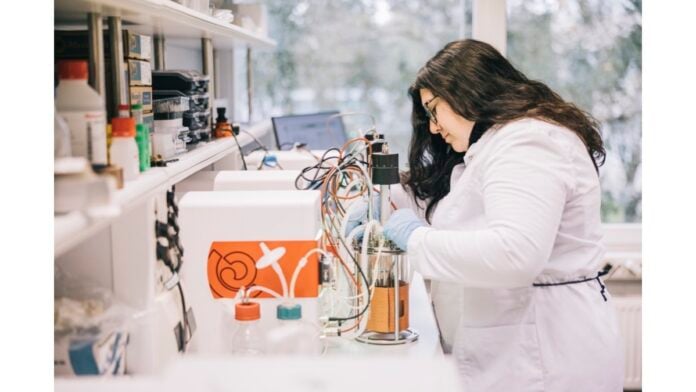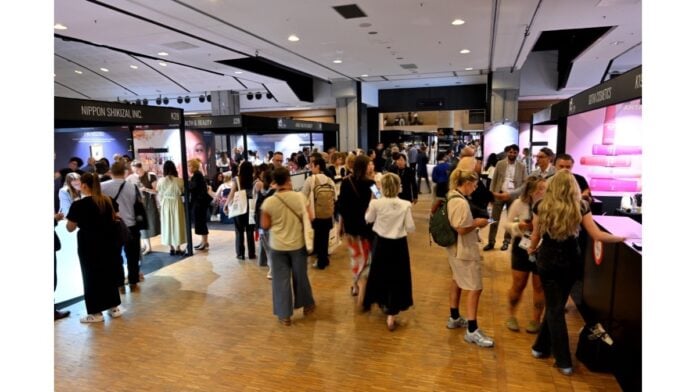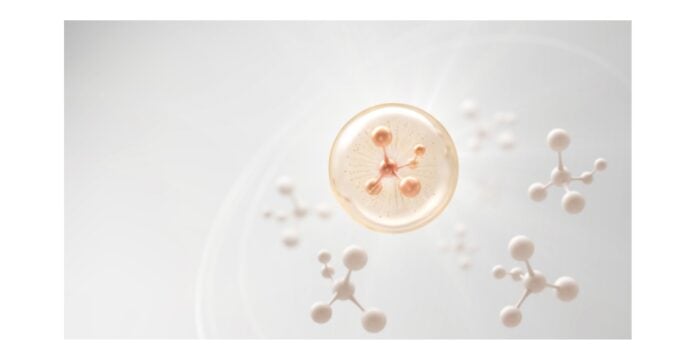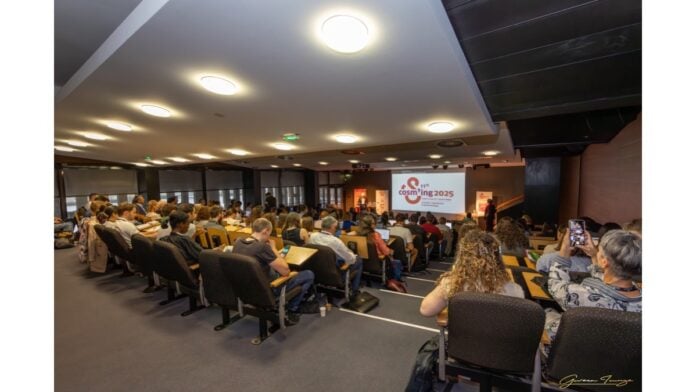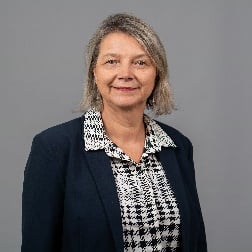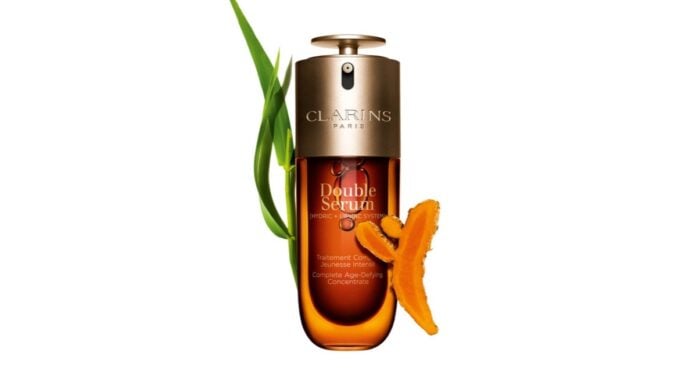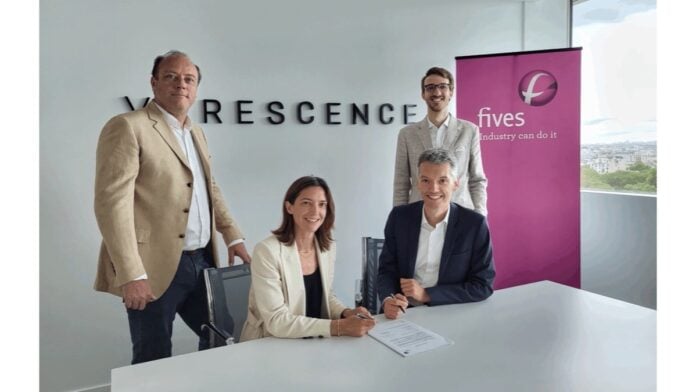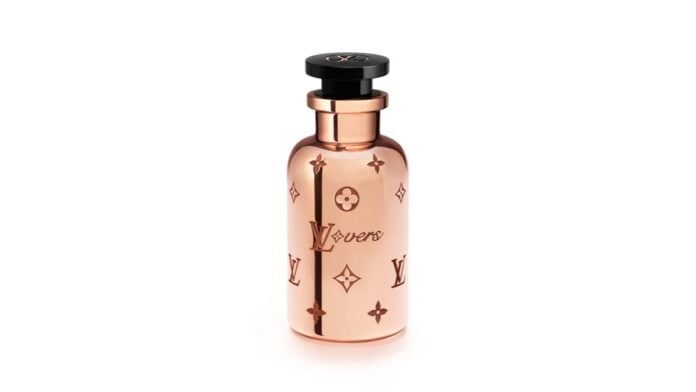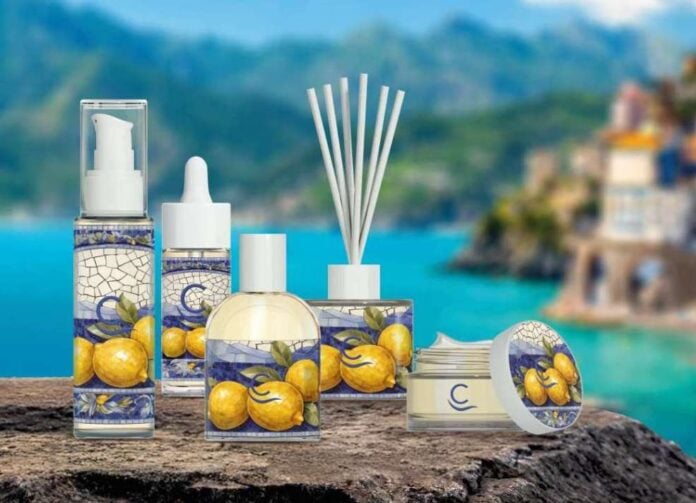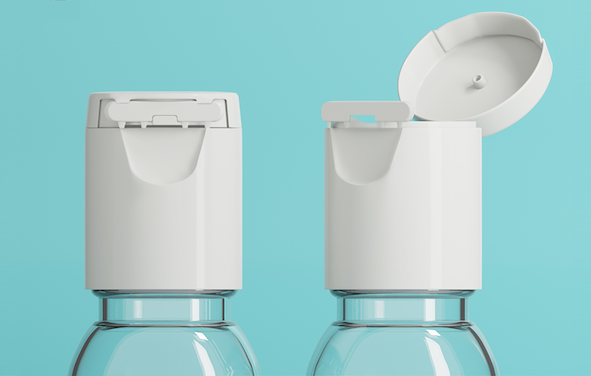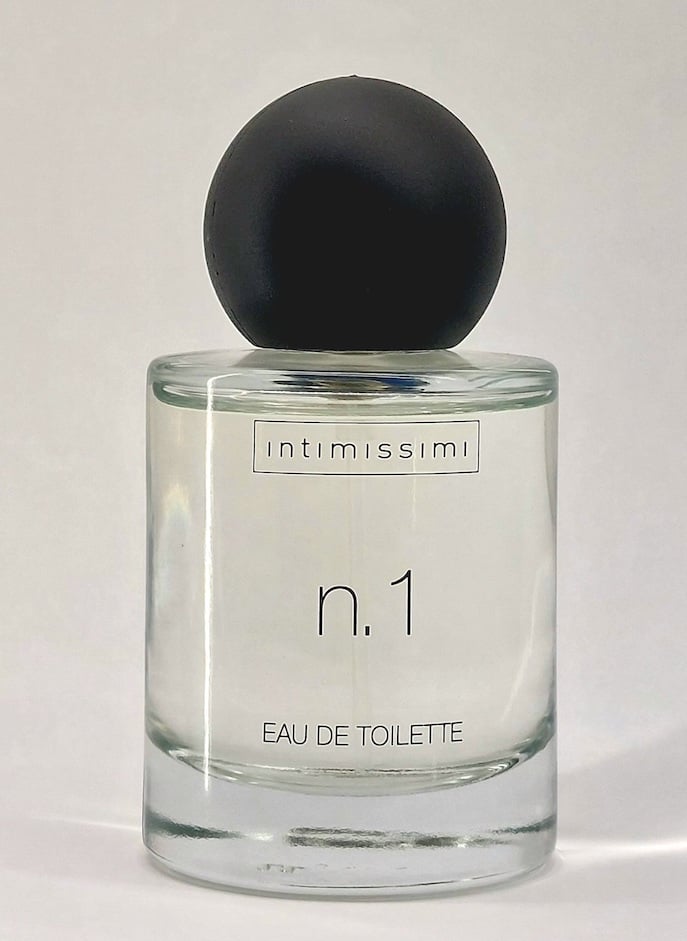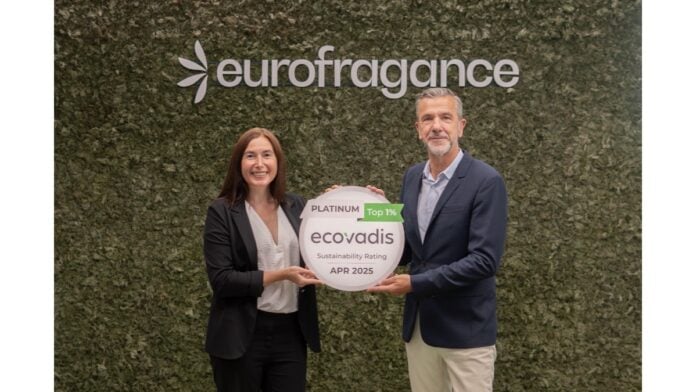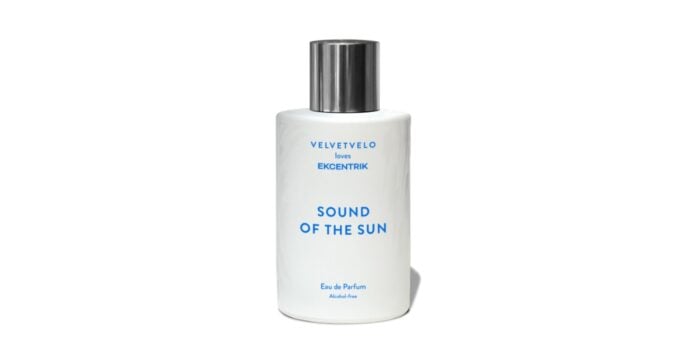Estonian start-up Äio, specializing in the development of sustainable animal-free fats and oils via advanced fermentation processes, has raised €1 million to accelerate the development of safer, more environmentally-friendly alternatives to oils traditionally used in cosmetics and chemicals.
Founded in 2022 as a spin-off from Tallinn University of Technology, Äio uses biomass and precision fermentation to transform industrial by-products into nutrient-rich oils and fats. According to the company's data, this process requires 97 % less agricultural land and 90 % less water than traditional palm oil production. For the cosmetics industry, Äio's solutions offer an eco-responsible, high-performance and cost-effective alternative to palm and coconut oils, which are ubiquitous in personal care products. Thanks to their nourishing properties and additional bioactive benefits, these ingredients are a natural alternative to petroleum-based mineral oils, which are harmful to the skin and pollute the environment.
The €1 million funding comes in the form of a grant from Estonia's public Applied Research Program (RUP), coordinated by the Estonian Agency for Innovation and Economic Development (EIS). The grant will support a three-year R&D project focusing on lipids and derivatives derived from microbial fermentation, with a specific focus on applications in cosmetics and personal care. The total project budget is 1.8 million euros.
"This grant is more than just funding: it's recognition by the Estonian government that our technology can fundamentally transform the production of cosmetic ingredients, says Nemailla Bonturi, co-founder and CEO of Äio. We're now ready to roll out this impact on an international scale, offering smarter, more sustainable alternatives in an industry that touches everyone's daily lives. We look forward to commercializing our innovation and collaborating with forward-thinking beauty and skincare brands around the world."
"We actively support the development of Estonian innovations with strong global growth potential, capable of bringing real added value and responding to the major challenges of our time. Biotechnology and sustainable bio-based materials are among our strategic priorities, explains Ene Viiard, R&D expert with the RUP program. Competition for an OR grant is fierce, but in Äio's case we see an exceptional team, with the scientific knowledge and disruptive spirit capable of demonstrating that a small country like Estonia can produce innovations with global impact."
The timing of this grant coincides perfectly with major regulatory developments, notably the European regulation on deforestation, which will profoundly impact palm oil supply and accentuate demand for sustainable, traceable alternatives, within "future-ready" supply chains. Äio's yeast-based solutions provide a direct response to these challenges, with superior traceability and consistent quality, unlike agricultural ingredients subject to the vagaries of climate and geopolitics.
At the same time, the cosmetics industry is facing ever-tighter standards, notably with restrictions on PFAS and growing concerns about the risks to human health and the environment associated with microplastics. Fermentation-derived ingredients represent naturally "clean" alternatives, complying with regulatory requirements and consumers' expectations of transparency.
The ingredients developed by Äio are compatible with a wide range of cosmetic applications: everyday soaps, high-end moisturizers, serums and even make-up based on specialized pigments. This versatility positions Äio as a partner of choice, both for major international brands seeking large-scale sustainable supply chains, and for disruptive independent brands focusing on formulation innovation.
"The cosmetics industry is at a turning point. All brands, large and small, are realizing that sustainability is no longer a bonus, but an essential requirement driven by consumers, explains Magdalena Koziol, head of cosmetics development at Äio. Until recently, sustainable solutions have been hampered by performance or cost barriers to ingredients such as palm or coconut oil. Through research, development and rigorous scientific validation, we are demonstrating that ingredients derived from fermentation have immense commercial potential for a future where beauty, whether everyday or luxury, will no longer be at the expense of the planet or human health."
Äio is currently in active discussions with cosmetics manufacturers interested in integrating its ingredients into various formulations. The company has already begun sending samples to producers, in preparation for the next stage of its business development. A fund-raising round is planned by the end of the third quarter of 2026 to support its expansion. The alternative fats market is estimated to grow at 6 % per year, reaching $4.5 billion by 2032.
"We're seeing unprecedented interest from manufacturers, who understand that sustainable sourcing is no longer an option, continues Magdalena Koziol. We're ready to step up our efforts and are actively seeking partners to support us in our mission to create real change in the industry. The question is no longer whether the industry will switch to alternative ingredients, but how quickly. And the right time to act is now."




